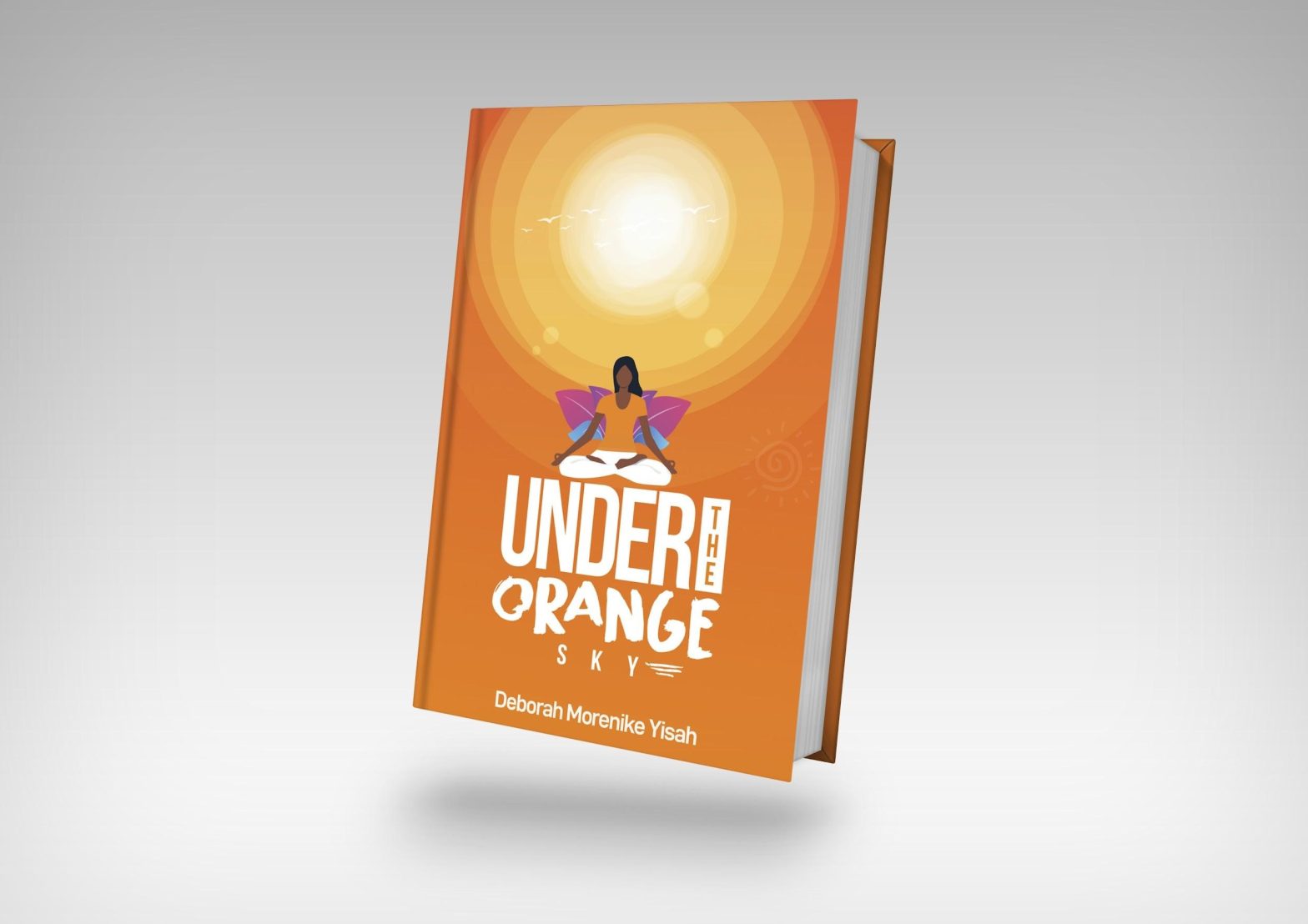Reviewer: Obizulike Chukwuma
The title of this book steers us in the path of a visceral interrogation of what it means to be under the Orange Sky. This collection of poems explores loci of the human mind and how it relates with art through storytelling and riveting renditions of vulnerability suffused in logic.
In this body of work, you will find about forty poems, more than half of which are the poet’s musings about the mundanity and mysteries of life. To be specific, the poems capture relationships between families, friends, lovers, oneself and sororal declaration of affection in a warm sentence.
The first poem is titled “Under the Orange Sky’’ and can very well serve a ‘What To Expect’ intro to Deborah’s style. A style that uses atypical and varied forms of poetic devices to deliver a collection that is both soothing and splendid. Yisah expressed her concerns for her country people, especially those in Lagos in the poem, ‘Mark my words’. I find the poem both amusing and hilarious. It forewarns us about the shenanigans of traffic officials and almost everyone that is not on your side in Lagos. Deborah explained how your money could miss if you snooze on the road or stop to watch a fight – and how you can be fined a sum well over the minimum wage for any wrong turn anywhere in Lagos even without clear signals nor insignias to verify that you took a wrong turn. The poem should be a guide for both tourists and newcomers to Lagos. Mark my words!
In the poem, Songs of broken people, Yisah enthused about the failure of the society to mend dreams and give succor to the fainthearted. And how cold-hearted people are becoming – self consumed and impervious to the pains of others. She narrated how the world is now a coast of selfies, where everyone just makes merchandise off other people’s misery; and the attempt of some wonderful humans to still bring sanity and color amidst all the chaos and tremors of life.
In the poem Hatfield, Yisah took us through the boxwood of nostalgia and showed us what it means to dream and fight for the dream in a place that is probably far away from home and had also become home. She reminds us that home is where you are permitted and rendered all available support to work on your dreams.
The poem, Tacenda, has a classic lilt to its form. The persona in the poem battled with addiction but was mistaken for a spiritual problem. People would rather run away rather than take him for therapy. Even the society will cast aspersions on him. The persona in the poem didn’t get better and eventually went bonkers and wild and the society blamed it on the medical history of the family of the persona.
In the poem Fortitude, Yisah admonished us to be resolute and face our fears and also gave us salient precepts on how to tackle wolves and how not to despair. And how pertinent it is that we help others tackle their wolves, too.
Deborah’s writing is eclectic and audits mental health and other spice of life. Morenike took us on an adventurous ride in the gondola of her literary dexterity and deftly rowed us past rippling waves of enthralling themes strewn with rivulets of empathy at the nautical points of compassion.
Yisah writes unapologetically and renders the issues of life in the most humane and realistic form.
This book will immerse you in its brilliance and draw your soul into its arms of relief.

